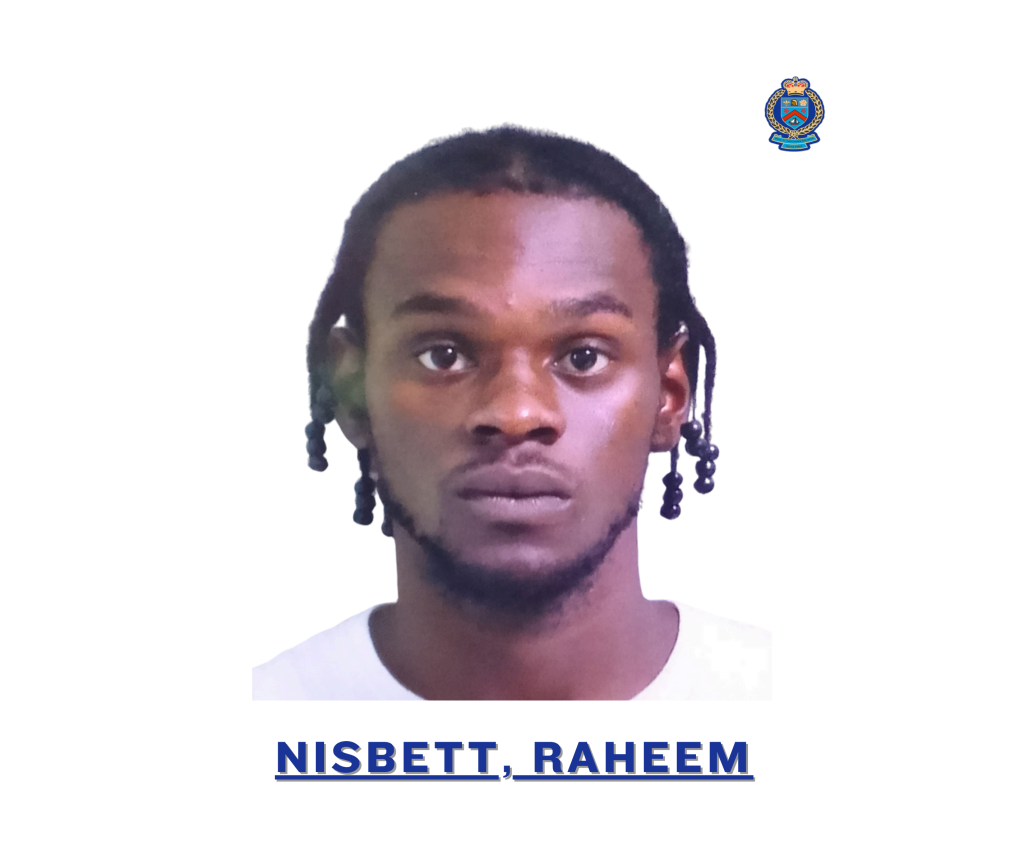Raheem Nisbett Receives Penalty for Drug Possession
On April 1, 2025, the District “A” Magistrate’s Court in St. Kitts delivered a verdict in the case against Raheem Nisbett, a resident of Prickley Pear Alley. Mr. Nisbett was found guilty of possessing a controlled substance, identified as methylenedioxy-methamphetamine (MDMA), commonly known as ecstasy. Her Honour Sherry-Ann Liburd-Charles presided over the case and handed down a sentence of EC $3,500, to be paid within six months. Failure to comply with the fine payment would result in a one-month custodial sentence at His Majesty’s Prison. This case highlights the ongoing efforts of law enforcement and the judicial system in St. Kitts to combat drug-related offenses and maintain public safety.
Methylenedioxy-methamphetamine (MDMA), a synthetic drug commonly referred to as ecstasy, is a psychoactive substance primarily used for recreational purposes. Known for its stimulant and hallucinogenic properties, MDMA induces feelings of euphoria, increased energy, and emotional warmth. However, it also carries significant risks, including potential adverse effects on physical and mental health. The drug’s effects on the brain’s serotonin system can lead to long-term damage, affecting mood regulation, sleep patterns, and cognitive function. Furthermore, MDMA use can result in acute physical complications such as dehydration, hyperthermia, and increased heart rate and blood pressure, which can be particularly dangerous in certain individuals. The legal status of MDMA varies across jurisdictions, but it is generally classified as a controlled substance due to its potential for abuse and associated health risks.
Possession of controlled substances, such as MDMA, is a serious offense in St. Kitts and many other jurisdictions worldwide. Laws prohibiting drug possession aim to curb drug trafficking, reduce substance abuse, and protect public health and safety. The penalties for drug possession vary depending on the type and quantity of drugs, as well as the individual’s criminal history. Sentences can range from fines and probation to imprisonment, reflecting the severity of the offense and the legal framework in place. These laws underscore the commitment of governments to addressing the multifaceted challenges posed by drug use and trafficking, both at the individual and societal levels.
The fine imposed on Mr. Nisbett reflects the specific circumstances of his case and the legal provisions applicable in St. Kitts. The court’s decision to offer the option of a fine rather than immediate imprisonment suggests that the quantity of MDMA in Mr. Nisbett’s possession was likely relatively small, and that he may not have had prior drug-related convictions. The six-month timeframe for payment allows Mr. Nisbett an opportunity to gather the necessary funds and avoid a custodial sentence. This approach reflects a balance between punishment and rehabilitation, allowing for a less severe consequence while still holding the individual accountable for their actions.
The successful prosecution of Mr. Nisbett demonstrates the effectiveness of law enforcement and judicial processes in St. Kitts in addressing drug-related crimes. From the initial investigation and apprehension to the court proceedings and sentencing, the case highlights the collaborative efforts involved in upholding the law and maintaining public order. This case serves as a deterrent to potential offenders and reinforces the message that drug possession will not be tolerated. It also underlines the importance of ongoing efforts to educate the public about the dangers of drug use and the legal consequences associated with drug-related activities.
The case of Raheem Nisbett underscores the broader issue of drug use and control in St. Kitts and Nevis. While this specific instance involved a relatively small quantity of MDMA, it highlights the presence of illicit drugs within the community. Addressing this issue requires a multifaceted approach that encompasses law enforcement efforts, public health initiatives, and community-based programs. Prevention strategies focused on educating young people about the risks associated with drug use are crucial, alongside providing support and treatment options for those struggling with addiction. Collaboration between government agencies, community organizations, and individuals is essential to create a comprehensive and effective response to the complex challenges posed by drug abuse and trafficking.
Share this content:












Post Comment